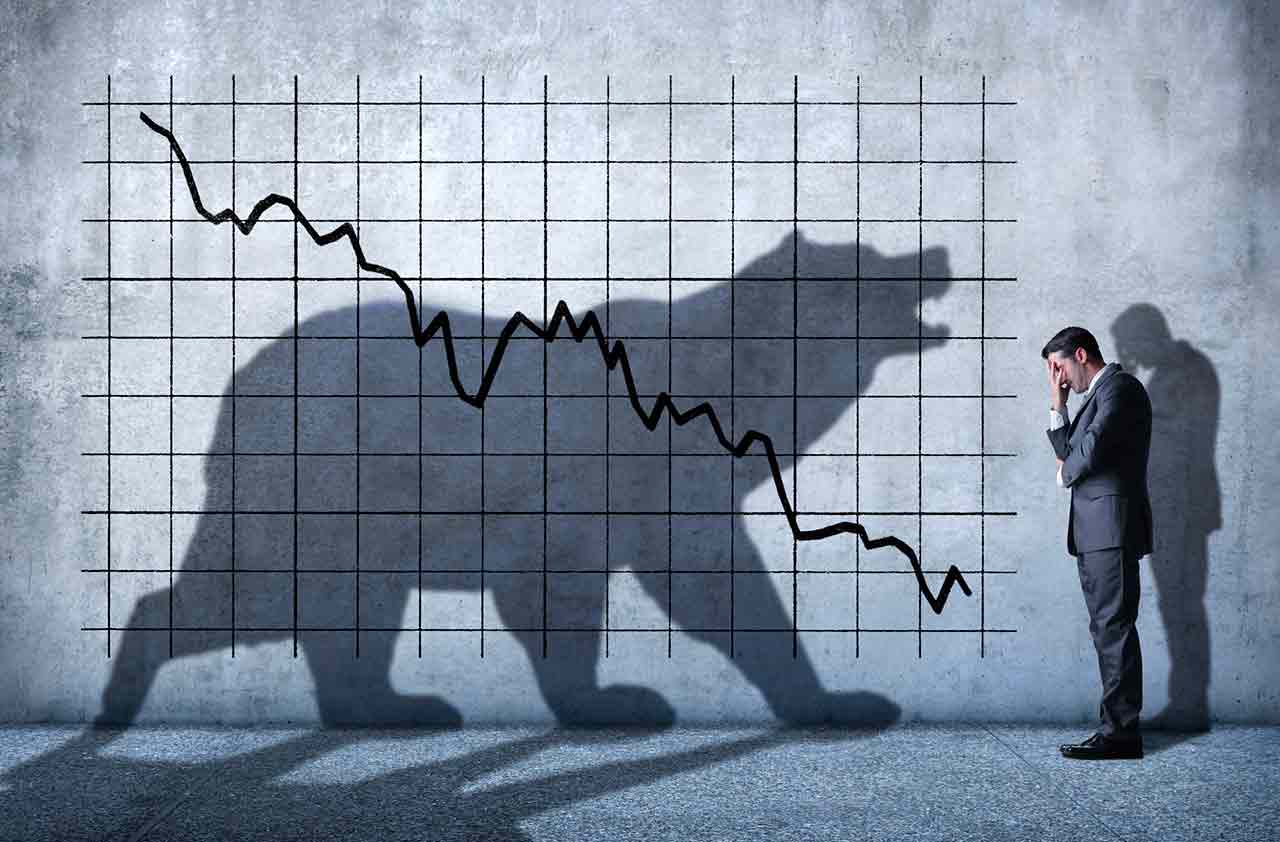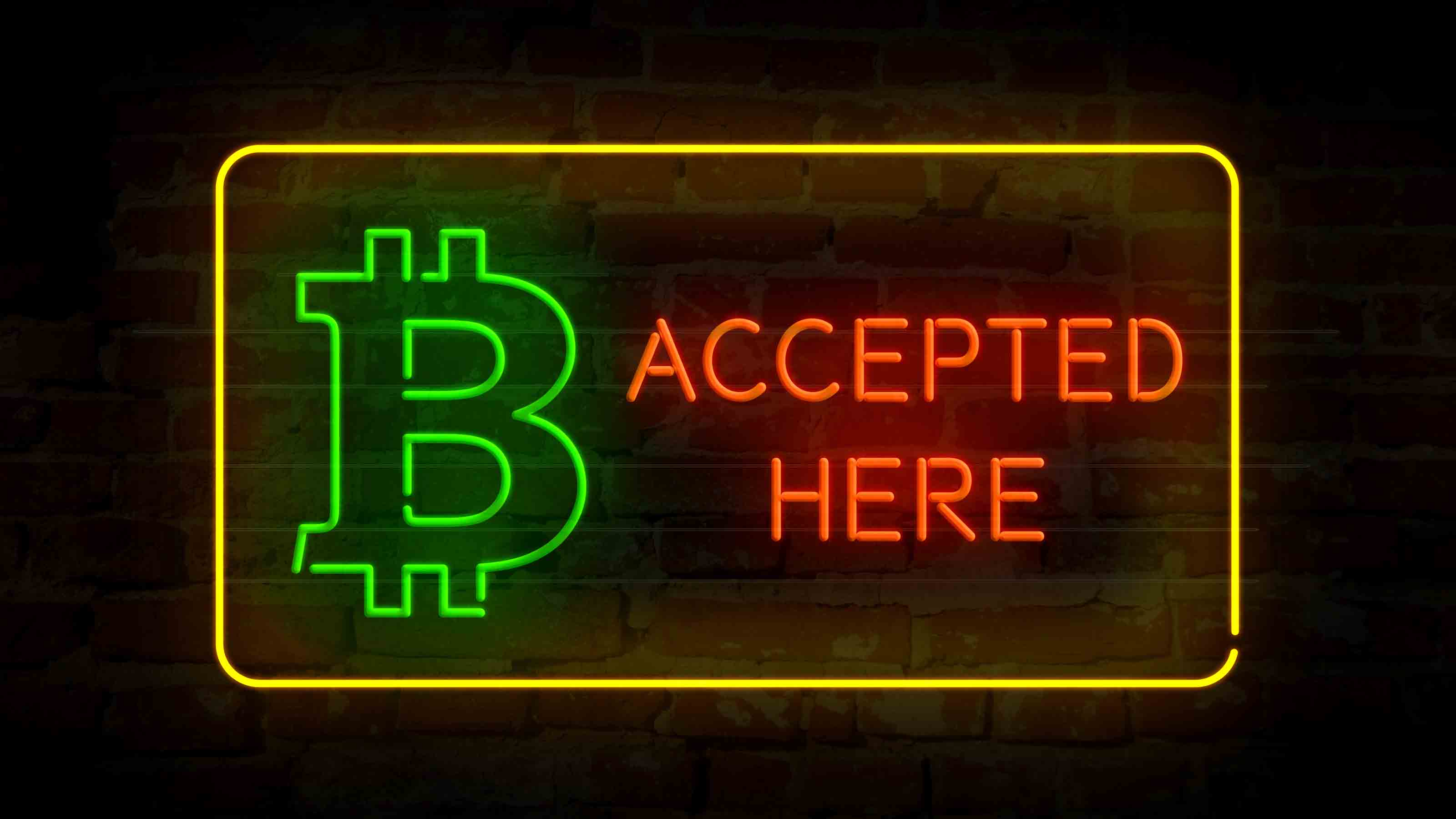My First Bear Market, By the Book
I'm boosting my 401(k) contributions now that my gym membership and student loan payments are on hold.


Profit and prosper with the best of Kiplinger's advice on investing, taxes, retirement, personal finance and much more. Delivered daily. Enter your email in the box and click Sign Me Up.
You are now subscribed
Your newsletter sign-up was successful
Want to add more newsletters?

Delivered daily
Kiplinger Today
Profit and prosper with the best of Kiplinger's advice on investing, taxes, retirement, personal finance and much more delivered daily. Smart money moves start here.

Sent five days a week
Kiplinger A Step Ahead
Get practical help to make better financial decisions in your everyday life, from spending to savings on top deals.

Delivered daily
Kiplinger Closing Bell
Get today's biggest financial and investing headlines delivered to your inbox every day the U.S. stock market is open.

Sent twice a week
Kiplinger Adviser Intel
Financial pros across the country share best practices and fresh tactics to preserve and grow your wealth.

Delivered weekly
Kiplinger Tax Tips
Trim your federal and state tax bills with practical tax-planning and tax-cutting strategies.

Sent twice a week
Kiplinger Retirement Tips
Your twice-a-week guide to planning and enjoying a financially secure and richly rewarding retirement

Sent bimonthly.
Kiplinger Adviser Angle
Insights for advisers, wealth managers and other financial professionals.

Sent twice a week
Kiplinger Investing Weekly
Your twice-a-week roundup of promising stocks, funds, companies and industries you should consider, ones you should avoid, and why.

Sent weekly for six weeks
Kiplinger Invest for Retirement
Your step-by-step six-part series on how to invest for retirement, from devising a successful strategy to exactly which investments to choose.
Practically as soon as I could count to 21, my father taught me to play blackjack. Dad insisted I play “by the book” (the one sold in casino gift shops), always making the move with the best odds to win the most money. Sometimes that means doubling your bet with a relatively weak hand, or asking for another card, even when it looks like you’ll win. Easy enough, when Pops is dealing at the kitchen counter. When it’s 3 a.m. in Atlantic City, and it’s real money on the line, things get trickier.
I started at Kiplinger’s Personal Finance in 2013, and I have researched plenty of investing advice since then, including strategies for bear markets. But like millions of young investors, until recently I had never experienced a bear face to face. It has been a scary encounter. Amid the global COVID-19 pandemic, it took Standard & Poor’s 500-stock index just 16 trading days to fall 20% (official bear territory) from its late-February peak. As of mid April, U.S. stocks are down 14.8%, and uncertainty remains as to when people’s lives, and the economy, will get back to normal.
That’s enough to make anyone sweat. But in investing, as in blackjack, you boost your odds of winning by sticking to your plan. That’s why, when faced with my first bear market, I initially did … nothing. For folks with a long-term investment strategy in place, that’s the right idea, says Mary Allmon, a certified financial planner and portfolio manager at Marietta Investment Partners in Milwaukee. “These are pretty extreme times for the market, but if your long-term goals haven’t changed, neither should your core strategy,” she says.
From just $107.88 $24.99 for Kiplinger Personal Finance
Become a smarter, better informed investor. Subscribe from just $107.88 $24.99, plus get up to 4 Special Issues

Sign up for Kiplinger’s Free Newsletters
Profit and prosper with the best of expert advice on investing, taxes, retirement, personal finance and more - straight to your e-mail.
Profit and prosper with the best of expert advice - straight to your e-mail.
That doesn’t mean you can’t make adjustments. My portfolio, invested entirely in stocks, has taken a major hit. Because I won’t need the money for more than 30 years, I’m comfortable waiting for stocks to bounce back and can tolerate a good deal of volatility in the meantime. But if your losses keep you up at night, you may not be invested in line with your risk tolerance, says Allmon. In that case, consider paring your allocation to riskier assets, such as stocks, in favor of more-staid fare, such as bonds.
Grab your bucket. “Every decade or so, dark clouds will fill the economic skies, and they will briefly rain gold,” Warren Buffett wrote in his 2017 letter to shareholders. When that happens, he says, reach for a bucket, not a thimble. For investors my age, things have never been cloudier. But since World War II, the market has withstood 12 bear attacks before this one. Each time, stocks recovered, then hit new highs.
“If shoes or jeans went on sale, you’d go shopping. Stocks are on sale. People tend to get nervous when that happens, but it should be the opposite,” says LPL investment strategist Ryan Detrick. Investors who can afford it (and I’m thankful to count myself among those who still have an income during these trying times) should take advantage of depressed stock prices over the short term by boosting contributions to accounts slated for long-term goals, says Detrick.
I’ll use a chunk of my stimulus check to bolster my emergency fund—everyone should have enough to cover three to six months of expenses stashed in short-term reserves. I’ll plunk the rest into my Roth IRA’s mix of diversified, low-cost mutual funds. I’m boosting my regular 401(k) contributions as well, now that my monthly gym membership and student loan payments are temporarily off the books.
I know that things could get even scarier. We don’t know when or at what level the market will bottom out. But when your heart is pounding, keep calm and play the percentages the way my father taught me to play blackjack: by the book. In blackjack, of course, you’ll eventually lose. The good news is that over long periods, investors in the broad U.S. stock market never have.
Profit and prosper with the best of Kiplinger's advice on investing, taxes, retirement, personal finance and much more. Delivered daily. Enter your email in the box and click Sign Me Up.

Ryan joined Kiplinger in the fall of 2013. He wrote and fact-checked stories that appeared in Kiplinger's Personal Finance magazine and on Kiplinger.com. He previously interned for the CBS Evening News investigative team and worked as a copy editor and features columnist at the GW Hatchet. He holds a BA in English and creative writing from George Washington University.
-
 Dow Adds 1,206 Points to Top 50,000: Stock Market Today
Dow Adds 1,206 Points to Top 50,000: Stock Market TodayThe S&P 500 and Nasdaq also had strong finishes to a volatile week, with beaten-down tech stocks outperforming.
-
 Ask the Tax Editor: Federal Income Tax Deductions
Ask the Tax Editor: Federal Income Tax DeductionsAsk the Editor In this week's Ask the Editor Q&A, Joy Taylor answers questions on federal income tax deductions
-
 States With No-Fault Car Insurance Laws (and How No-Fault Car Insurance Works)
States With No-Fault Car Insurance Laws (and How No-Fault Car Insurance Works)A breakdown of the confusing rules around no-fault car insurance in every state where it exists.
-
 Bear Market Strategy for Millennial Investors
Bear Market Strategy for Millennial InvestorsA focused, goal-oriented approach to investing can help millennials navigate a bear market.
-
 Why a Target-Date Fund Works for Me
Why a Target-Date Fund Works for Meinvesting Target-date funds are attractive for their simplicity. And while I've invested in one in the past, that doesn't mean it's the right choice for you.
-
 New Ways to Invest in Bitcoin
New Ways to Invest in BitcoinBecoming an Investor ProShares Bitcoin Strategy and other ETFs offer an easier way to gain bitcoin exposure than buying the actual cryptocurrency.
-
 How Do I Spend My Bitcoin? (And Where?)
How Do I Spend My Bitcoin? (And Where?)cryptocurrency You can invest in Bitcoin, but seeing as it's a digital currency, you can spend it, too – at a rapidly growing number of businesses. Here's how.
-
 How to Cash In on Sports Gambling
How to Cash In on Sports GamblingBecoming an Investor Some 27 states have launched sports-betting markets, 11 of them online. Another five have passed laws to do so.
-
 3 New-Investor Myths That Need Busting
3 New-Investor Myths That Need BustingBecoming an Investor Preconceived notions that new investors are uninformed risk-takers are misguided. Forget games and cynicism; they need support and guidance.
-
 Can You Trust TikTok’s Advice?
Can You Trust TikTok’s Advice?Becoming an Investor TikTok is rife with pitches for trendy, volatile investments, including cannabis and cryptocurrencies.
-
 Namaste Invested: Look to Yoga to Build Your Wealth
Namaste Invested: Look to Yoga to Build Your WealthInvestor Psychology It’s uncanny how the principles of yoga apply to financial success. Here are five elements of yoga that are particularly useful for personal wealth.